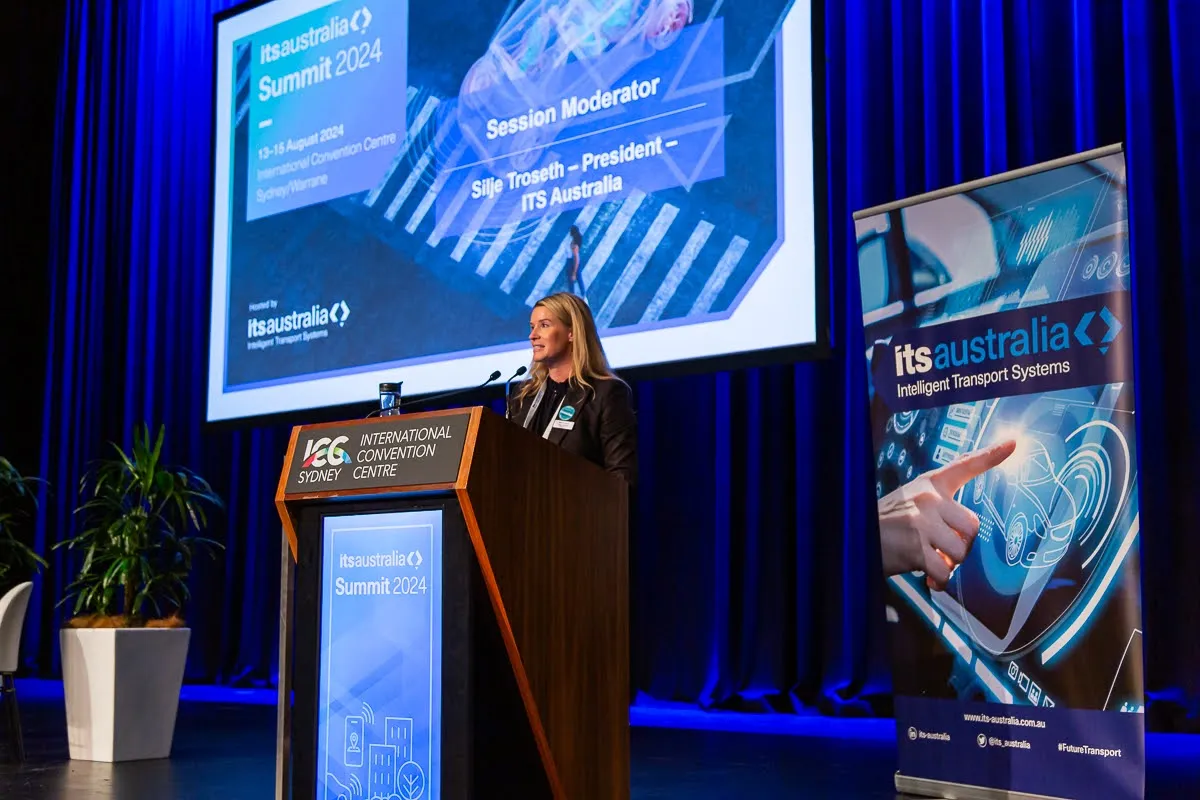Self-driving vehicle technologies such as highway autopilot are increasingly offered by the latest production vehicles in Australia. Further advances will continue to occur, with hands-off-the-wheel driving on EastLink and other suitable freeways expected within the next few years, subject to legislative changes.
EastLink is already involved in trials of the latest vehicles to identify opportunities to improve the compatibility between the latest self-driving vehicle technologies and freeway infrastructure.
To complement these technical trials, EastLink with support from the Australian Road Research Board, has launched the Annual Victorian Self-Driving Vehicle Survey, the first major survey of Victorian motorists’ perceptions of, and attitudes to, self-driving vehicles.
The 2017 survey will identify a baseline for motorists’ perceptions and attitudes. EastLink will then repeat the survey annually to track changes into the future.
Eastlink launches annual self-driving vehicle survey
The first major survey of motorists’ attitudes to self-driving vehicles is now underway in Victoria, Australia on the privately-owned Eastlink freeway, a north-south transport artery in the east of Melbourne.
Self-driving vehicle technologies such as highway autopilot are increasingly offered by the latest production vehicles in Australia. Further advances will continue to occur, with hands-off-the-wheel driving on EastLink and other suitable freeways expected within the next few years, subject to legisl
September 12, 2017
Read time: 2 mins
The first major survey of motorists’ attitudes to self-driving vehicles is now underway in Victoria, Australia on the privately-owned Eastlink freeway, a north-south transport artery in the east of Melbourne.










